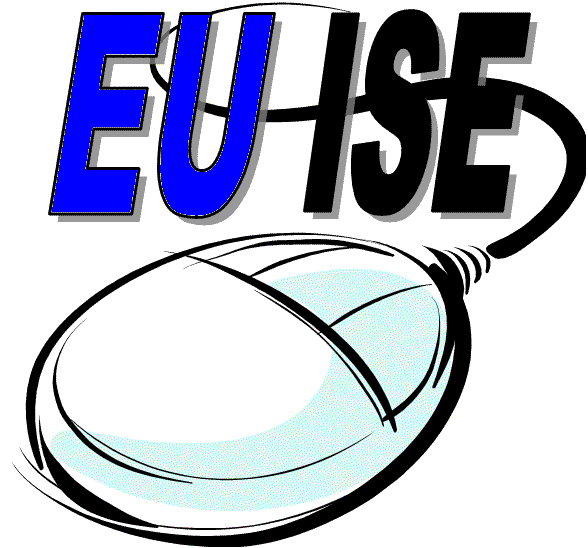 |
Backgrounds The situation in our partnership countries  In Slovakia,
the government supports delivering of computers to schools, mainly
within the government project INFOVEK. The computers are equipped with
software necessary for office – use and also with pedagogical software.
Computers are connected to the Internet. Teachers are invited to summer
and weekend schools to gain basic skills in using the computers. The
introducing of the MBL hardware into schools is still weak. Even if all
new teachers have basic skills in using ICT from their teacher
training, they only seldom
incorporate it into their lessons. In Spain
there is not full research studies about the didactic and pedagogic
interest of ICT applications in the field of science education and it’s
not sure that all the secondary teachers use these kind of resources.
More or less the same situation is for the simulation software.Recently
some digital video assisted experiments have been used and there are
some teachers who use them with students in the secondary school. In
year 2003/2004 Spain iniciated general distribution of what we call
“equipment for use of new thechnologies in science education” which
includes computers, console (multilog) sensors, software (multilab),
digital camera and microscope and a simulation software (interactive
physics).
 In Finland,
one in five teachers uses ICT in teaching to a significant degree,
while two thirds considered their pedagogic and technical information
and communication technology skills inadequate (SETRIS, 2000). The
versatile use of computers in learning is limited. Moreover, schools
have had access to the Internet, but the active use of this media for
learning science has been and is still low. ICT does not create active
science learning by itself. There are also problems with a shortage of
facilitators or trainers and the ability of the educational
establishments to provide effective in-service training and
collaboration between teachers or professional development projects of
science teachers.
 In the UK
all teachers have had New Opportunities Fund training in ICT . However
much of this training focused on basic ICT skills. Government targets
have placed computers in all schools and many schools have data
projectors and ‘smart’ boards. All schools are linked to the Internet.
However it is clear that children rarely make good use of ICT to
support their learning in science. The use of the Internet for
information retrieval is the limit of experience for many learners. ICT
is not often integrated into teaching plans.
 In the year 1998 the Polish
educational system was reformed and the use of ICT for science
education was introduced into the core curricula. As the result in the
years 1999-2001 all lower secondary schools in Poland EU-ISE 20
SOCRATES PROGRAMME Application form for Full Proposal were equipped
with computers (1
computer with access to the Internet per 25 students), but
unfortunately, they are used mostly for learning only the basic ICT
skills. The lack of good quality educational software and laboratory
equipment as well as the low level of teachers' competencies in the
effective use of ICT has resulted in no improvement the quality of
science education in Poland.
|
| Main |
|
| About the project | |
| Partners | |
| Co-ordinator |
|
| Teachers/schools | |
| Interesting papers | |
| Harmonogram | |
| Backgrounds |
|
| Output | |
